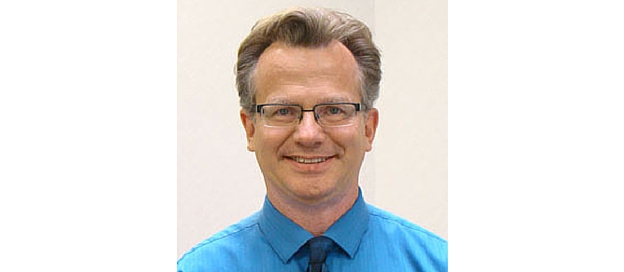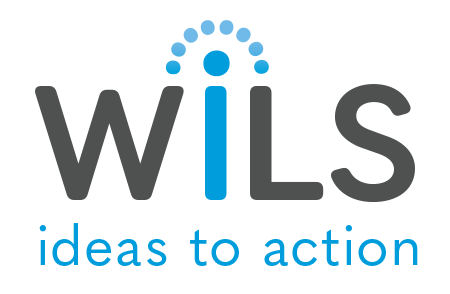
One of our greatest joys at WiLS is hearing our members tell the stories of the big and important work they are doing – interesting new projects or initiatives, or even interesting and new approaches to old projects. And, in addition to hearing about it, it makes us even happier when we can share those stories with other members. Each month, WiLS is proud to feature an interview with one of our library members. This month, we are very happy to share the insights of Scott Vrieze, Director, Learning Resources at Wisconsin Indianhead Technical College and WiLS Board Member!
Why did you, personally, choose to work with libraries?
For me the library field offers a creative juxtaposition of intellectual challenge and living a life of service for the greater good. I spent two years doing graduate work at a seminary, and while I have no interest in ministry as a career, the focus on service to others, along with commitments to social justice and questions of ethics have carried forward into my library career. Being a director and manager also gives me the opportunity to communicate my passion for our work to those inside and outside the library. In short, I still can’t resist a good sermon.
We have the good fortune of working in a field that is committed to equity and fairness, and in bringing people together in community. I very much enjoy the awareness that the work we do makes a tangible difference in the lives of people who are touched by our services. I love being part of a movement and a career that is devoted to doing good in the world, while also providing intellectual and personal challenges that keep me interested and engaged.
What is unique about the culture of your library? How do you influence it?
Our library has a foot in two worlds that are sometimes separate. On the one hand we work with our students on access to quality information resources to support their educational aspirations, including issues of information literacy and academic support. On the other hand our group is also unique in providing technology support for our classrooms, and for supporting student use of college technology resources such as productivity software, learning management systems, and other software tools. Thus our department is a bit of a hybrid of technology and more traditional library functions. This unique approach supports my own perspective that both academic and public libraries (and staff!) are evolving in the direction of increased integration of technology in all of their functions.
I spent some 15 years in the public library world prior to my current position at the technical college. In both library environments, I attempt to create a culture of experimentation and creativity where new ideas and service can be explored and tested, and to enable staff to run with the things they do best. Good personnel management is about hiring talented, motivated people, and empowering them to utilize their skills to solve problems.
What do you think is important to know about the patrons or community you work with? What helps you understand those needs?
In technical colleges we deal with a students who are diverse in terms of economic status, educational preparedness, age, and family situations. Understanding that diversity, and the unique learning styles and needs of each student, is very important. We make it our goal to meet each student where they are, and to develop tools for fully engaging each student in conversation so that we can find what best fits their unique needs.
Our faculty are also very practical and vocationally-minded, and are focused on making sure that our graduates understand the environments in which they will be working. Thus my departmental goal is to create tools that not only benefit students in the educational setting, but in the real world situations they will find themselves after graduation. We even have Library and Learning Center staff that will accompany classes in site visits to a given company, so that we can better target our services to support the students in getting the training the need to be successful. It is that full engagement with our students that helps our services to be effective.
What big ideas are being worked on at your library? What problems are being solved?
One of our larger projects for this year is the transition to using LibGuides to structure the diversity of information available on our web site. We are seeking strategic alliances with instructors to build program-based guides, and plan to partner with instructors to embed the guides in course pages in our learning management system. A second feature of the guides will be to organize the training videos created by our staff members. The training videos offer short introductions to library services and resources, and also short technology “how-to” segments targeted to specific student needs, such as APA formatting.
In addition, our staff is working with our student senate and student life staff to better understand our students’ technology needs. One of our Educational Technology Center staff has invited the student center to meet in our space, both as an introduction to the space and to ask questions about what their needs are, and how we may better serve them. It is that personalized and engaged approach that will help us to better serve our students.
